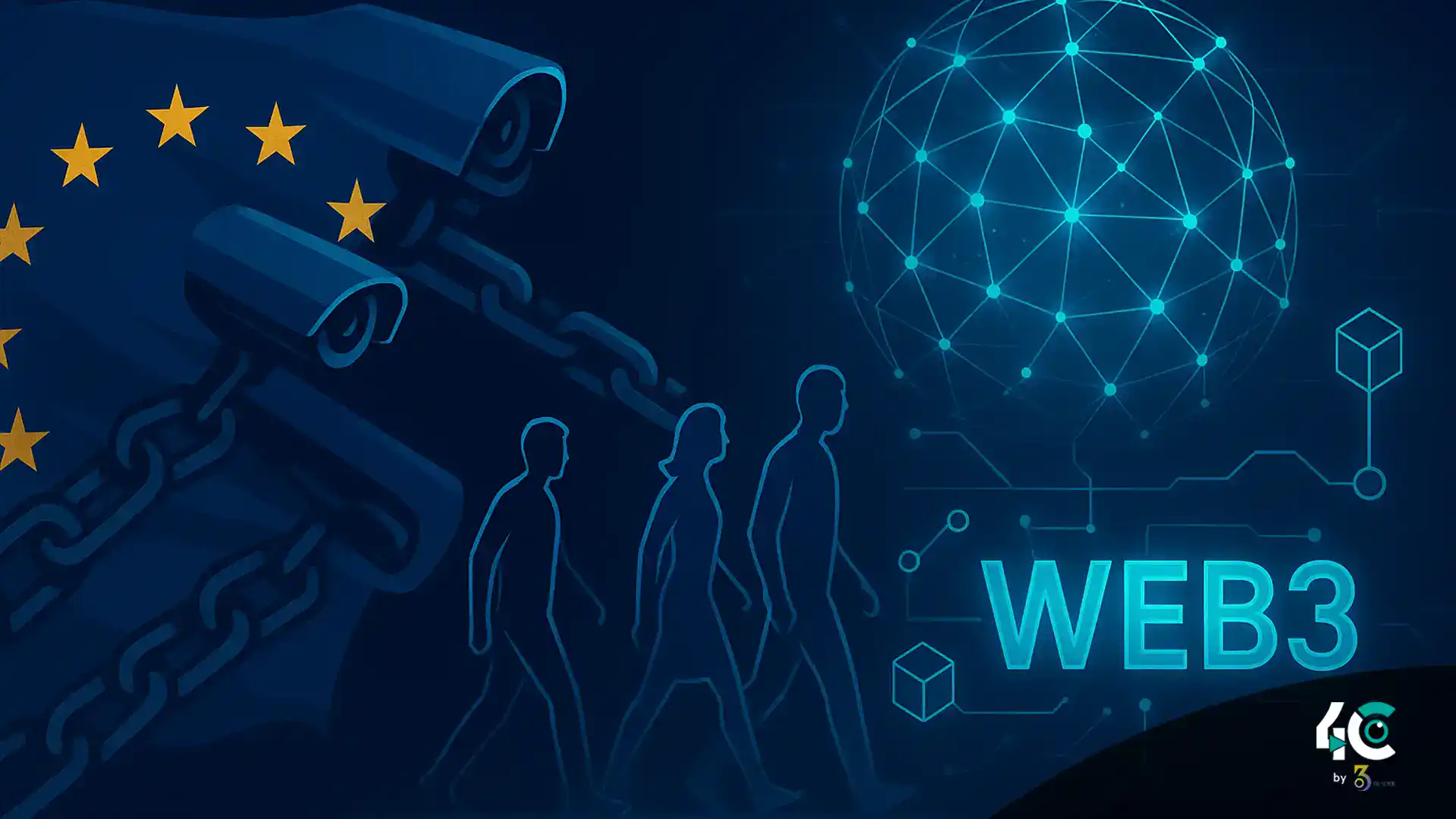EU Chat Control Sparks Privacy Backlash
The European Union’s (EU) ongoing discussions on the controversial Chat Control law have raised alarms among privacy experts. Critics believe the legislation could erode public trust in digital communications and push users toward Web3.
The draft regulation, titled Regulation on Preventing and Combating Child Sexual Abuse, mandates the detection of illegal content in private messages before encryption on digital platforms. Critics argue that this creates a potential backdoor into encryption systems, undermining the EU’s privacy standards.
“Allowing an entity, which is inherently corruptible, nearly unlimited visibility into the private lives of individuals is incompatible with an honest value statement of digital privacy,” said Hans Rempel, co-founder and CEO of Diode, calling the proposal a “dangerous overreach.”
Legal and Privacy Concerns
Brickken’s (Brickken) General Counsel Elisenda Fabrega described the law as “difficult to justify under the actual jurisprudence of the Court of Justice of the European Union (CJEU).”
Specifically, she highlighted that the EU Charter of Fundamental Rights guarantees:
- Article 7: Confidentiality of communication
- Article 8: Protection of personal data
Fabrega added that client-side scanning could allow monitoring of content on user devices before transmission, even when no illegal activity is present.
Also Read : US Congressmen, Senators Meet Crypto Execs to Discuss Strategic Bitcoin Reserve
A Precedent That Could Backfire
Experts warn that the law may create a risky legal and technical precedent. Rempel noted:
“Over 10% of all data breaches happen in government intrusions,” stressing no assurance exists that such data will not be misused.
Fabrega emphasized that encryption is a promise to users that their messages will remain private. Changing this could push privacy-conscious users toward decentralized Web3 platforms that secure data with end-to-end encryption.
“Not your keys, not your data,” Rempel added, highlighting that users retain rights to their data from birth to death.
Fabrega agreed that migration to Web3 could fragment the European digital market, reducing the EU’s influence on global privacy standards.
Germany Holds the Decisive Vote
Germany now holds a pivotal vote in the EU’s decision. While 15 member states back the proposal, a 65% population majority is required for passage.
- Yes Vote: Likely to pass
- No/Abstain: Likely to fail
Rempel expressed skepticism about the law’s chances:
“Safety won’t justify infringing fundamental human rights this time around, but it won’t be the last attempt.”



























